
Recommendation
China’s trade with Latin American grew rapidly between 2000 and 2012, but as the superpower’s economic growth has downshifted, Chinese and Latin American leaders are taking stock and reexamining their relationship beyond the traditional trade dynamic. Academic Joseph Tulchin explores China’s sway in Latin America from not only the import and export perspectives but also from the lending, foreign direct investment and geopolitical aspects. getAbstract recommends this authoritative analysis to policy makers and to executives doing business in the region.
Summary
About the Author
Joseph S. Tulchin is a senior scholar at the Woodrow Wilson International Centre for Scholars.


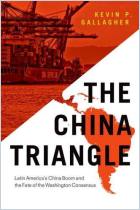
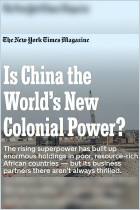
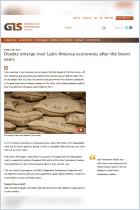
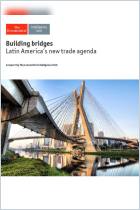

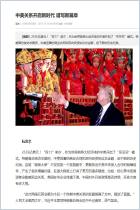




Comment on this summary